China and the United States have signed a joint declaration to address the global climate crisis during the next decade, marking one of the most significant breakthroughs yet to come out of the United Nations Climate Change Conference of the Parties, or COP26, in Glasgow, Scotland.
The declaration, which is called the U.S.-China Joint Glasgow Declaration on Enhancing Climate Action in the 2020s, was announced on Wednesday evening by China's special climate envoy, Xie Zhenhua, and US special presidential envoy for climate, John Kerry.
The move took many onlookers in Glasgow by surprise, with the media alerted to a joint news conference just an hour before it started. Several world leaders have labelled this year's COP as the most important since the Paris Agreement was signed in 2015, and a U.S.-China declaration is sure to send a strong signal to all delegations in attendance.
Xie said that the problem of global warming is "increasingly urgent and severe" and that climate change threatens an "existential crisis".
"In the area of climate change, there is more agreement between the U.S. and China than divergence, making it an area with huge potential for our cooperation," Xie said. "As two major powers, both China and the U.S. shoulder international responsibilities and obligations. We need to think big."
Kerry said the current time represents a "critical decade" in the fight to combat global warming.
"The U.S. and China have no shortage of differences, but on climate, cooperation is the only way to get things done," Kerry said. "We cannot reach our goals without countries working together, and China and the U.S. in particular, as the two largest emitters in the world, both have to help show the way."
In the joint declaration, both sides reaffirmed their commitment under the Paris Agreement to "hold the global average temperature increase to well below 2 C and to pursue efforts to limit it to 1.5 C".
The two countries also agreed to cooperate closely during the next 10 years on a range of climate-related issues, including methane emissions, fossil fuel reduction, and clean energy technologies.
UN Secretary-General Antonio Guterres called the declaration an "important step in the right direction".
"I welcome today's agreement between China and the U.S. to work together to take more ambitious climate action in this decade," Guterres said on Twitter. "Tackling the climate crisis requires international collaboration and solidarity."
European Commission Vice-President Frans Timmermans said on Twitter that bilateral cooperation between the US and China "should boost negotiations at COP26".
China and the U.S. said they intend to establish a Working Group on Enhancing Climate Action in the 2020s, which will meet regularly to "address the climate crisis and advance the multilateral process, focusing on enhancing concrete actions in this decade".
In the declaration, the U.S. cited domestic targets to reduce methane emissions, and China announced its own plans for a "comprehensive and ambitious National Action Plan on methane", aiming to achieve significant emissions control and reductions in the 2020s.
Also on Wednesday, COP26 President Alok Sharma published a first draft of the proposed Glasgow agreement, which parties will aim to reach at this year's conference, after further negotiations.
The draft called on countries to accelerate the phasing out of both coal and fossil fuel subsidies, neither of which has been mentioned in previous COP agreements. The document also included stronger language on the warming target of 2 to 1.5 degrees, which was set in Paris six years ago.
The draft "recognizes that the impacts of climate change will be much lower at the temperature increase of 1.5 degrees Celsius compared to 2 degrees, and resolves to pursue efforts to limit the temperature increase to 1.5 degrees".
Wang Yi, a senior scientific advisor in China's delegation at COP26, told China Daily on Wednesday that adjusting this target could have a disruptive knock-on effect.
"If we decrease the indicator, the target, to 1.5 only, that means we must change the whole Paris Agreement," Wang said.
Last week special climate envoy Xie said it is important to honor what was decided on in Paris, calling the agreement "science-based, rule-based, inclusive and realistic".
Sharma said that the draft is not offering decisive language on the target.
"I also want to be clear we are not seeking to reopen the Paris Agreement," Sharma said on Wednesday. "The Paris Agreement clearly sets out the temperature goal well below 2 C and pursuing efforts towards 1.5 C."











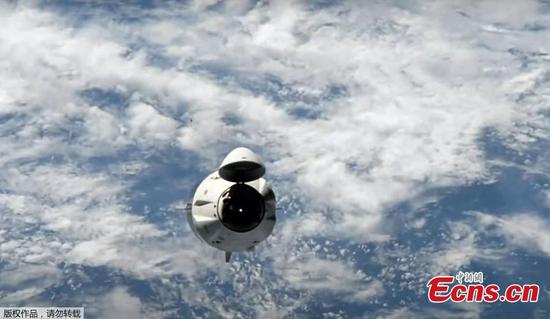


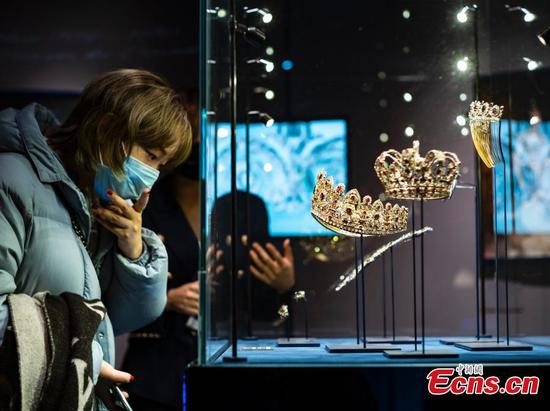



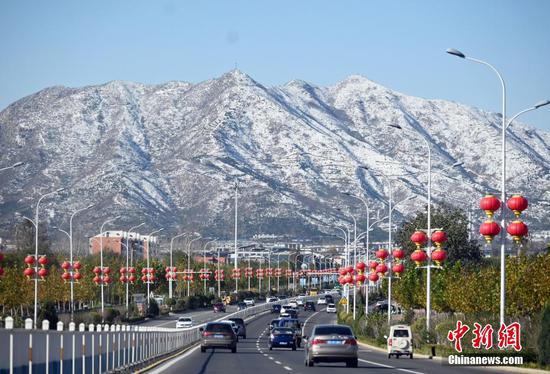
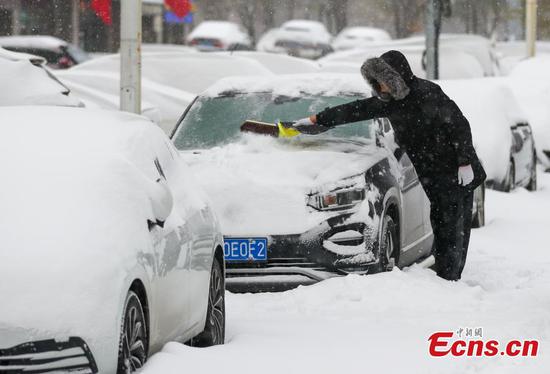











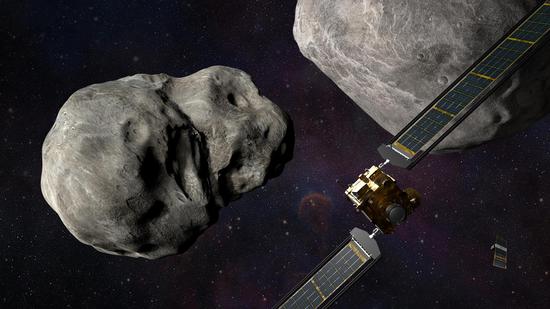
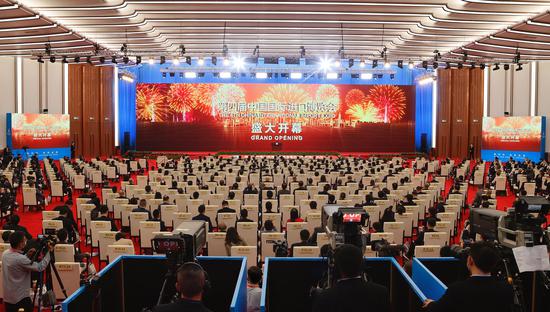
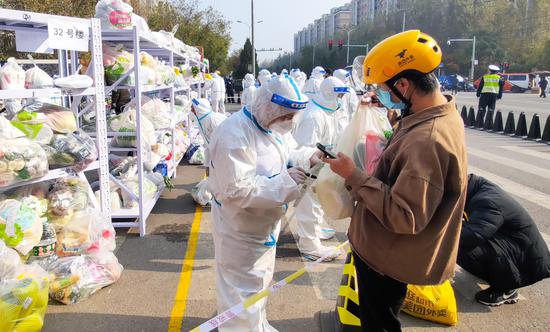

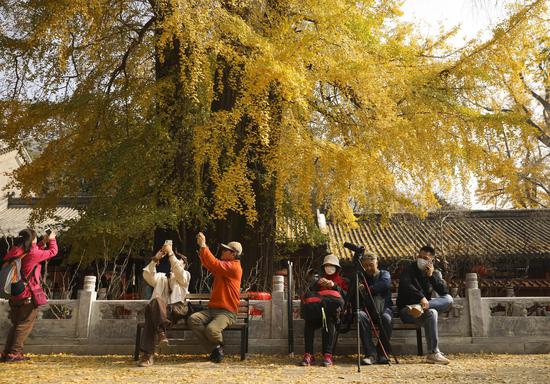

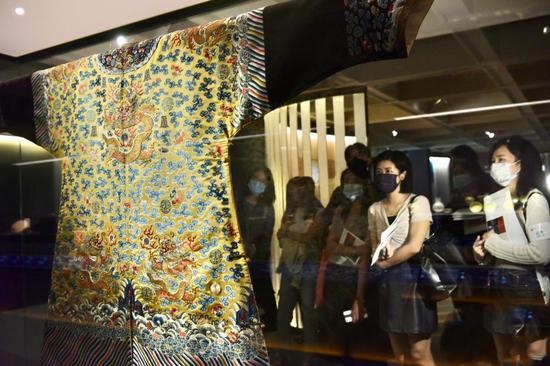
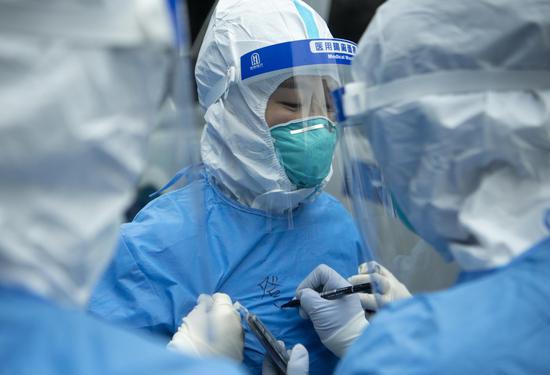




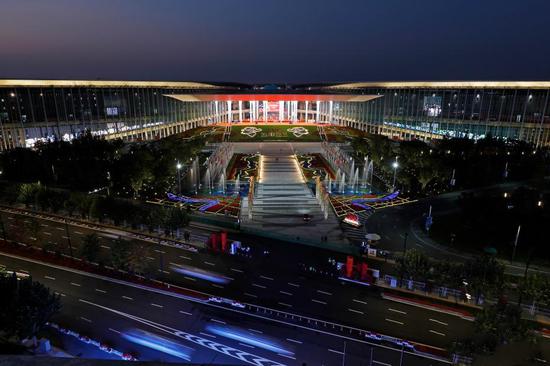






 京公网安备 11010202009201号
京公网安备 11010202009201号